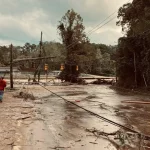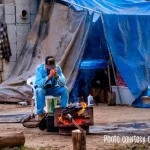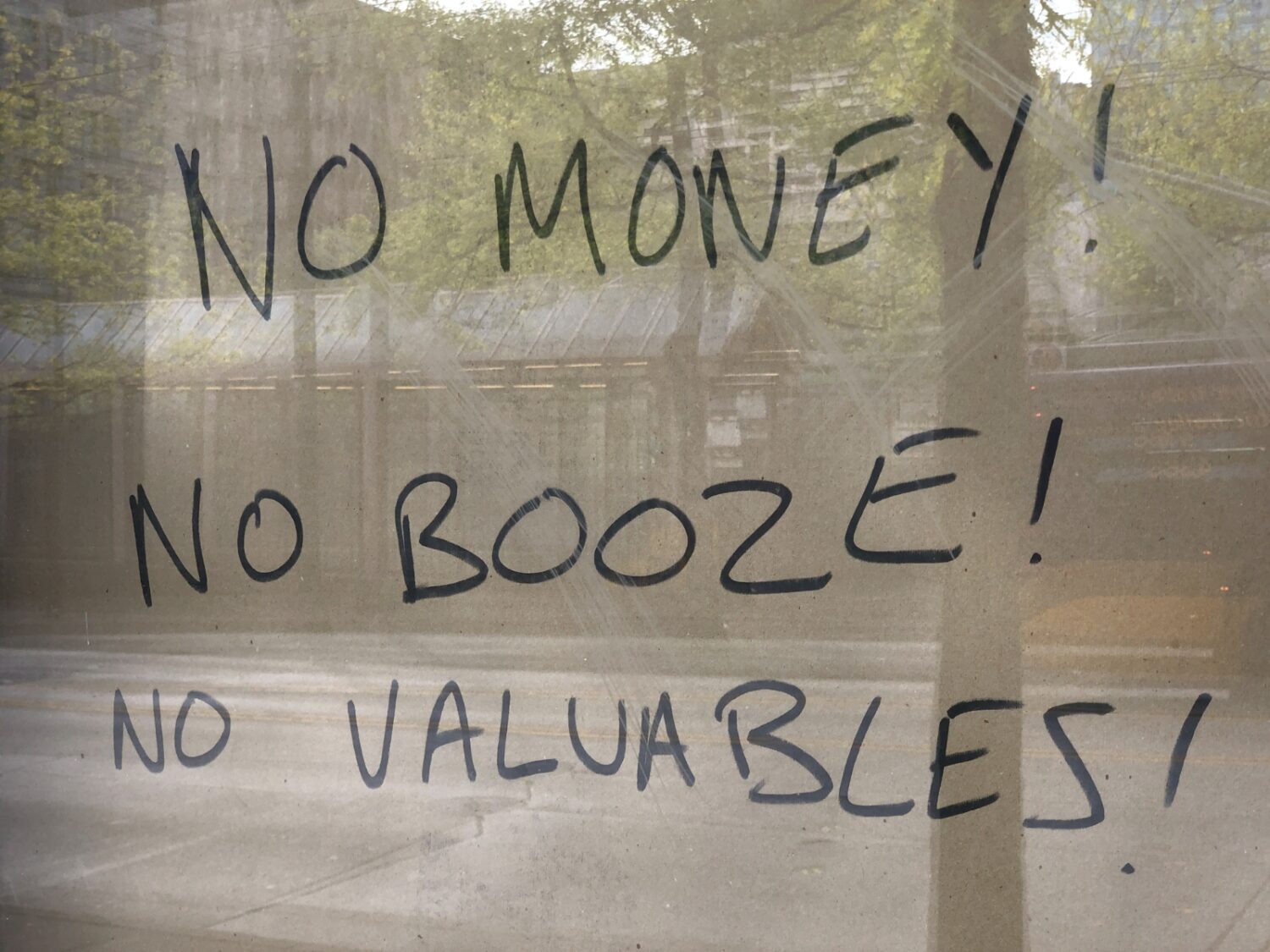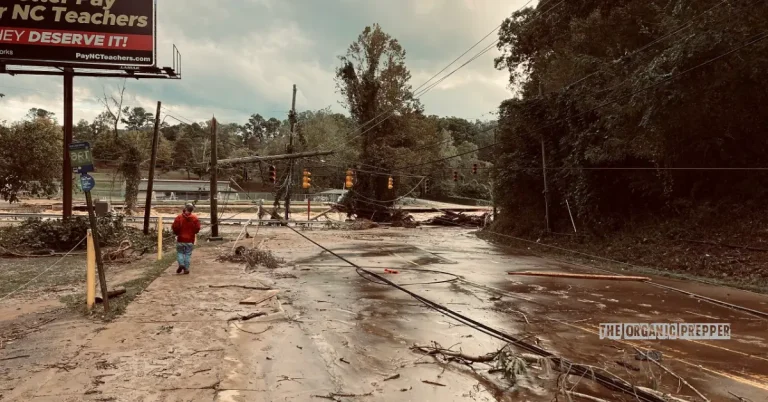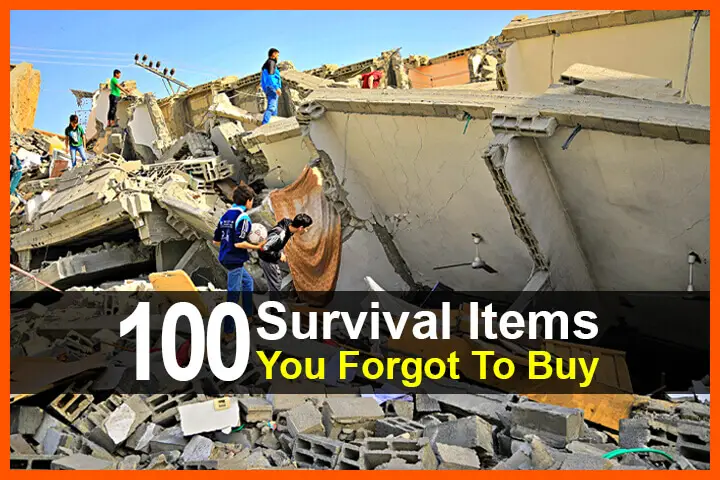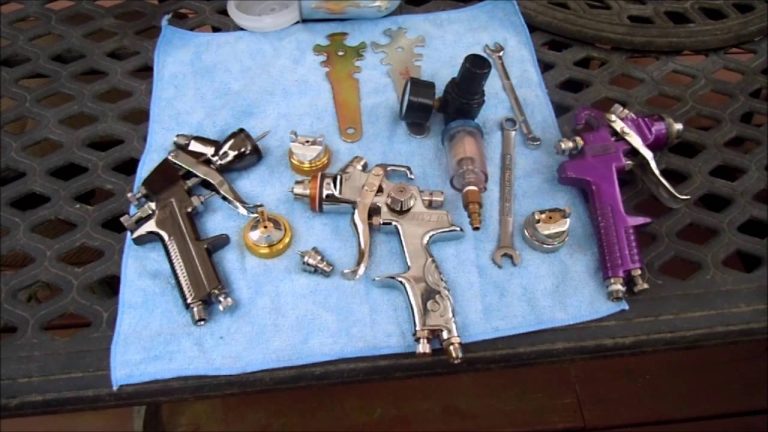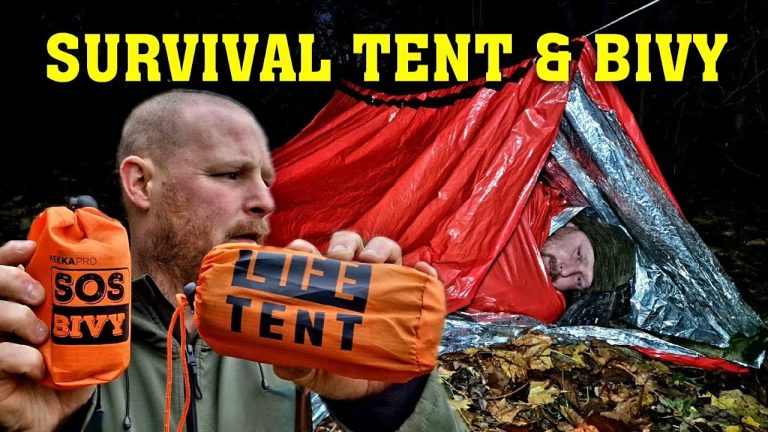Some of the links in this post may contain affiliate links for your convenience. As an Amazon associate I earn from qualifying purchases.
If disaster struck, where would you draw the line between seeking necessities (scavenging) and theft (looting), especially when your family’s well-being or survival is at stake? Here is what you need to know to decide for yourself. Whether you’re driven by the need for essentials or safeguarding your family’s safety, understanding this about yourself will help you make a choice you can live with in the aftermath.

Even if you’ve planned well, a big enough disaster can bring unexpected shortages, like the 2020 toilet paper scarcity. I discovered we had enough TP to last the next couple of weeks but not much longer. While it certainly wasn’t a matter of life and death, these situations tap into our primal instinct to survive.
During the early months of COVID lockdowns and shortages, we had the most essential resources like food, water, and shelter, but worldwide, there are disasters that leave people without these necessities. People become desperate. In such dire situations, the line between scavenging and looting can blur. Both cases involve acquiring resources, but motivations, implications, and ethical considerations are very different. If you’re in a tough situation and faced with scavenging, looting, or protecting your stuff, what choices will you make, and how will you handle it?
What is the difference between looting and scavenging?
Looting, fueled by greed, disregards others’ hardships and is both unethical and illegal. In contrast, scavenging, driven by the need for survival, often legally prioritizes essential needs over personal gain, with some individuals leaving IOUs or offering compensation. Let’s unpack that a little.
Looting
Looting is stealing during disasters or riots or other types of emergencies. It’s usually a crime of opportunity that is driven by greed, pure and simple, with a disregard for anyone else. Nothing altruistic like, “I need these Nikes for my poor, bedridden grandmother,” and no consideration is given to the plight of the person who owns the property being looted. It’s no wonder that people begin guarding their homes and businesses after a disaster like Hurricane Katrina.
Looting is not only unethical – what could be worse than victimizing people who are already desperate – it’s also illegal. It violates property rights, is theft, and often involves property damage as well.
So, if a desperate person is looking for fresh water, food, or maybe a blanket, is that looting, or might it fall in the scavenging category?
Scavenging
Scavenging is motivated by the fundamental need for survival, not greed. It’s often legal, especially in times of crisis, as it prioritizes basic needs over personal enrichment. Many people who scavenge for supplies in order to survive will leave an IOU or even a bit of cash to avoid outright theft. Some have been known to return to the property owner much later and offer compensation for what they had taken.
While scavenging may not be inherently illegal, there is definitely a blurry line between it and looting. After all, if it’s your supply of water bottles being taken, for example, your point of view may differ from the person looking for fresh water to stay alive.
Even though scavenging may meet the “necessary to stay alive” criteria, it’s crucial to be aware of local laws and regulations surrounding property ownership and resource usage. Once a degree of normalcy returns and rebuilding after a disaster is well on its way, homeowners and business owners can pursue a return of property and compensation through legal means, even if the perpetrators viewed their actions as “scavenging” and not “looting.”
Are either ethical?
Even in the face of despair, there are ethical considerations to keep in mind. Looting disregards the suffering of others and undermines the sense of security of everyone in the community. It can deprive individuals and businesses of their belongings, hinder recovery efforts, and exacerbate the overall impact of the disaster.
Scavenging can be an ethical way to meet basic needs. It involves taking only what is necessary and leaving enough for others. Food, water, medical supplies, and shelter materials take precedence over luxury items, which is often the goal of looters.
Pro Tip
Figure out your values regarding this before you’re in a high-stakes situation. It’s easier to make clear decisions when you’ve thought about it beforehand.
Questions to Consider Before Scavenging
Ask yourself these questions before heading out to scavenge:
- Have authorities issued any restrictions on movement?
- If you might be on private property, are you ready and willing to deal with the ramifications?
- Is there a way you can give compensation for whatever you might take?
- Might the scavenged supplies be contaminated?
- Am I respecting the property rights of others?
- Is there a better, safer way to get what I/we need?
- Are there any community efforts underway to supply what I need?
Frequently Asked Questions
Legality varies, but dumpster diving can be legal in some places. Research local regulations beforehand.
Stockpile essentials, be aware of local laws, and consider community support to ensure ethical and responsible preparation for disasters.
Prioritize basic needs, respect property rights, and consider legal alternatives before making decisions that impact others during challenging times.
Related Content

What will you do if you’re caught in the
wrong place at the wrong time?
Protect yourself better by learning more about how and why a crowd becomes a mob. This plus additional safety tips are in my FREE 3-part Civil Unrest Safety course.
Final Thoughts
While both scavenging and looting involve acquiring resources, the motivations, implications, and ethical considerations are vastly different. In a time of crisis, know the difference so your decisions keep you and your loved ones alive while respecting the property and lives of others around you.

